As the world faces climate change, loss of biodiversity, and food security issues, What Eco-friendly Farming in India, practices are becoming more important. These methods focus on protecting the environment, conserving resources, and promoting social fairness, leading to a more sustainable agricultural system.
Here’s a closer look at what eco-friendly farming entails, its benefits, and practical approaches that farmers can adopt.
What is Eco-Friendly Farming?
Eco-friendly farming, also known as sustainable or organic farming, aims to reduce environmental impact while improving soil health and increasing biodiversity.
It aims to create a balanced ecosystem that helps not only farmers but also the local community and the planet as a whole.
Key principles include:
- Soil Health: Prioritizing the use of natural amendments and practices that promote soil fertility and structure.
- Biodiversity: Encouraging a variety of crops and livestock to enhance ecosystem resilience.
- Water Conservation: Implementing techniques that reduce water usage and protect water quality.
- Reduced Chemical Use: Minimizing or eliminating synthetic fertilizers and pesticides in favor of natural alternatives.
Benefits of Eco-Friendly Farming
- Environmental protection: By using fewer harmful chemicals and promoting biodiversity, eco-friendly farming helps safeguard natural ecosystems and preserve wildlife habitats.
- Soil Health: Practices like crop rotation, cover cropping, and organic amendments enhance soil fertility and structure, leading to improved water retention and reduced erosion.
- Economic Viability: While initial investment may be higher, eco-friendly farming often leads to long-term savings through reduced input costs and the potential for premium pricing in markets for organic or sustainably produced products.
- Community Health: Eco-friendly farming supports healthier food systems by providing consumers with nutritious, chemical-free options, fostering better community health outcomes.
- Climate Resilience: By adopting practices that sequester carbon and improve biodiversity, eco-friendly farming can help mitigate the impacts of climate change and enhance farm resilience.
Practical Approaches to Eco-Friendly Farming
- Organic Farming: Organic practices eliminate synthetic pesticides and fertilizers, relying on natural alternatives. This includes composting, green manure, and biological pest control.
- Permaculture: This holistic design approach integrates crops, livestock, and natural ecosystems. By mimicking nature, permaculture creates self-sustaining systems that require minimal external inputs.
- Agroecology: Combining ecological science with agricultural practices, agroecology promotes biodiversity and sustainable land use. It encourages practices like intercropping and agroforestry to create more resilient farming systems.
- Water Conservation Techniques: Methods such as drip irrigation, rainwater harvesting, and contour farming can significantly reduce water usage and improve water quality by minimizing runoff.
- Integrated Pest Management (IPM): IPM focuses on using a combination of biological, cultural, and mechanical controls to manage pests, reducing the need for chemical interventions.
- Cover Cropping: Planting cover crops during the off-season helps improve soil health, suppress weeds, and prevent erosion. These crops can also enhance soil fertility by fixing nitrogen.
- Community Supported Agriculture (CSA): This model connects farmers directly with consumers, promoting local food systems and reducing the carbon footprint associated with transportation.
Conclusion
Eco-friendly farming is more than just a trend; it is an important move towards a more sustainable and resilient agricultural future. By focusing on environmental health, supporting biodiversity, and improving soil fertility, eco-friendly practices can create healthier ecosystems and communities.
As consumers become more aware of how their food choices affect the environment, the demand for sustainably produced products is expected to rise. Farmers who adopt eco-friendly methods will help create a healthier planet and also improve their position in a changing market.
By using eco-friendly farming practices, we can build a more sustainable agricultural system that helps farmers, consumers, and the environment, ensuring food security for future generations.
More from our blog
See all postsRecent Posts
- Tips To Avoid Failure In Agriculture January 9, 2025
- What is the new Technology in Agriculture October 6, 2024
- Most expensive Crop in India October 6, 2024

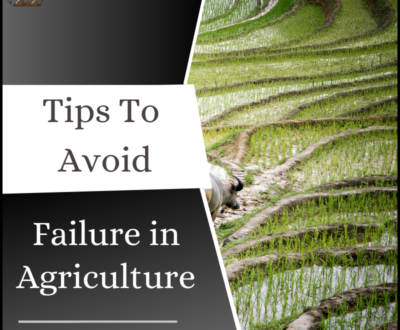
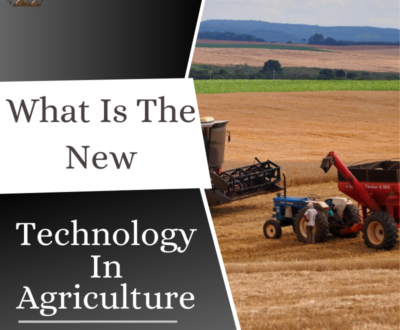
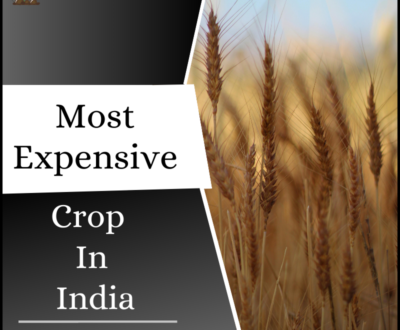
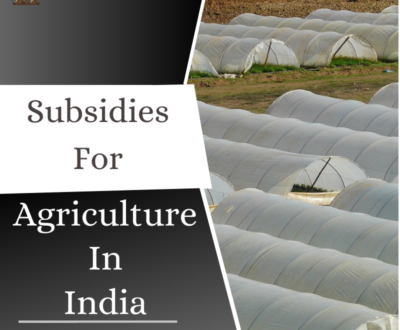
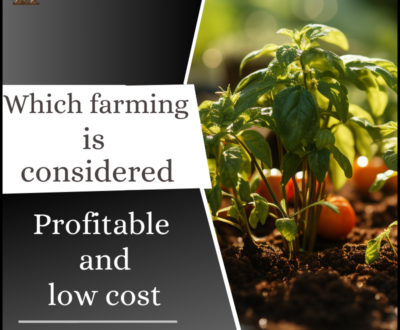
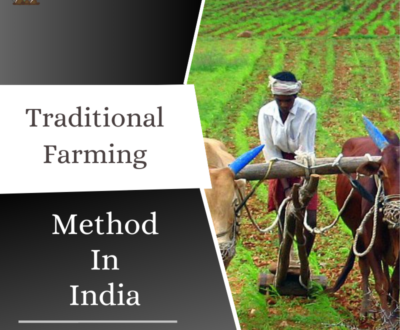
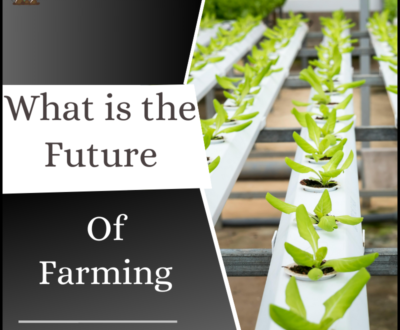
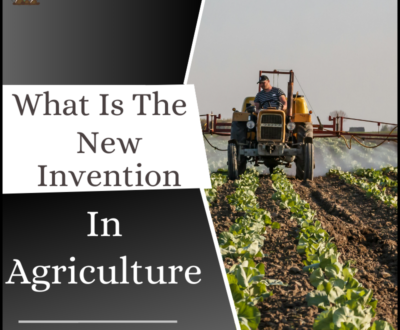
Well-articulated information on eco-friendly farming practices performed in India. Waiting for more.
Pingback: Which Farming is considered Profitable & Lowcost - KIKRISHI
nice platform for farmers